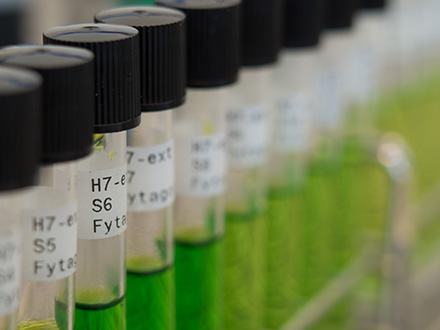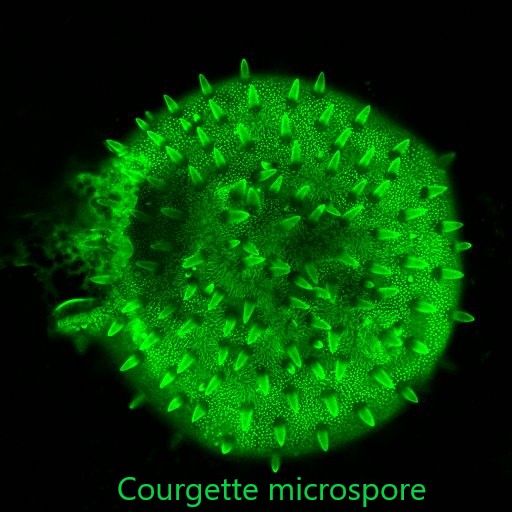The world is at a crossroads. The need for sustainable solutions has never been greater, and agriculture finds itself at the heart of this global shift.
Enter energy crops: A renewable resource with the potential to address pressing environmental concerns and bolster both food and energy security. They can be used for heat, electricity and even biofuels like bioethanol. They will become more important as the world transitions away from fossil fuels.
At the same time, sustainable agriculture, with its emphasis on eco-conscious practices, is revolutionizing traditional farming. Today, farming in such a way is done to protect the environment, aid and expand natural resources and to make the best use of nonrenewable resources.
One groundbreaking innovation focuses on replacing harmful chemical fertilisers with non-toxic waste products, such as plant biomass ash, within closed energy plant systems.
This approach not only minimizes the environmental impact of synthetic fertilizers but also paves the way for more sustainable energy crop production.
A shining example of this innovation is the collaborative research between the Polish University of Lodz, the National Institute of Horticultural Research in Skierniewice, and Fytagoras, a company dedicated to sustainable solutions.
Their work, featured in Nature Scientific Reports, demonstrates the viability of closed production systems for energy crops like Sorghum, highlighting the potential for scalable and sustainable crop production.
This innovative approach, integrating energy crops into closed production systems, embodies a holistic approach to agriculture.
It minimizes environmental impact while maximizing productivity, showcasing the potential of energy crops to contribute to a healthier planet and a more secure future.
Fytagoras’ commitment extends beyond research. We are tackling global challenges head-on, addressing energy and food security while prioritizing environmental concerns. By championing closed energy plant systems and advocating for the use of non-toxic waste, we are paving the way for a more sustainable future.




